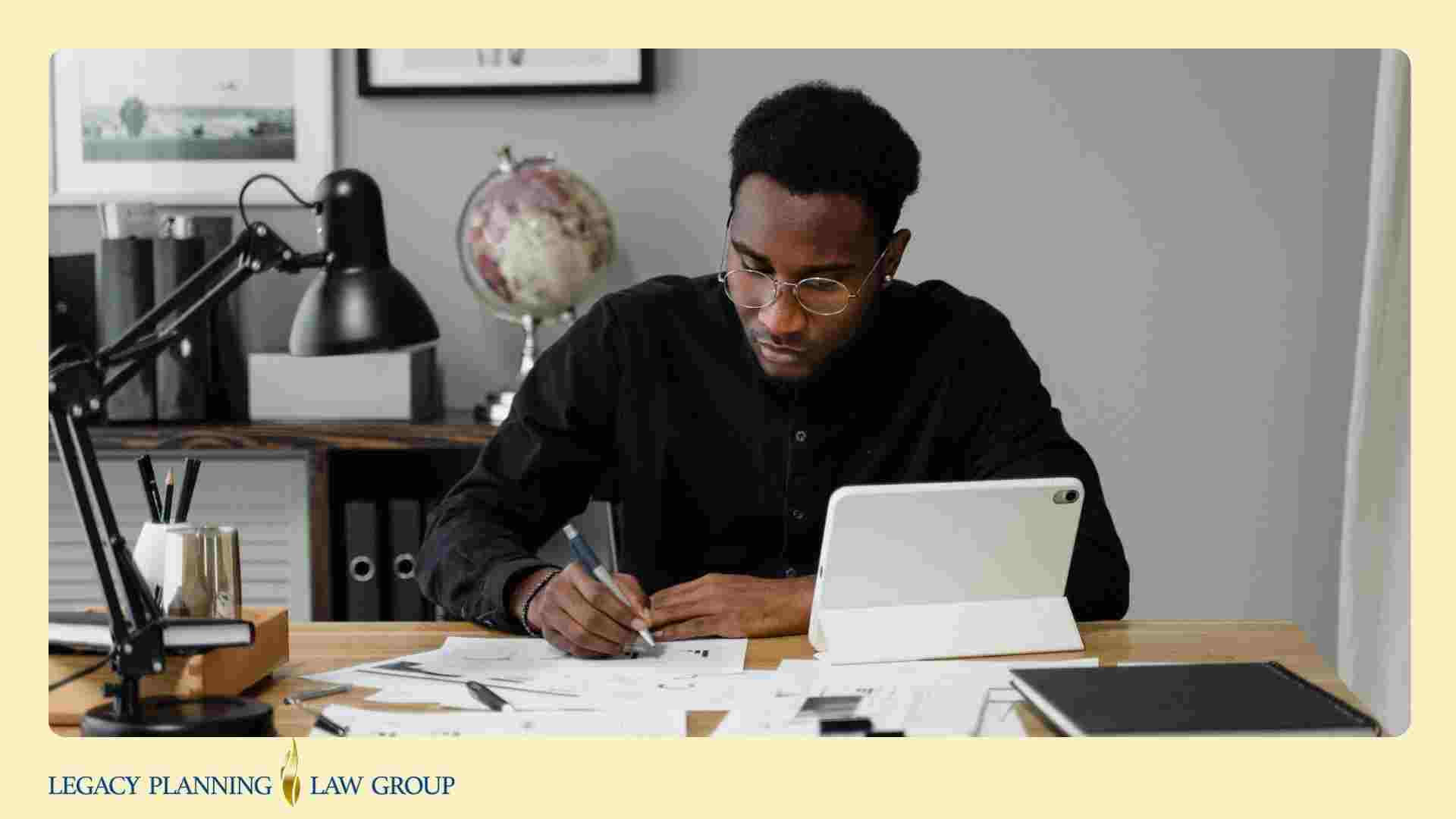If you’re over 70½ and don’t need your IRA distribution, consider donating it directly to charity through a Qualified Charitable Distribution. This strategy reduces your taxable income, supports causes you care about, and can satisfy your required minimum distribution without increasing your tax burden.

Estate planning might seem straightforward when you have close relatives in Jacksonville to inherit your assets and make decisions on your behalf. But what happens when you don’t have immediate family members to fill these roles? Planning your estate without close relatives can feel daunting, but it offers a unique opportunity to ensure that your wishes are respected and that your legacy reflects the values and causes you hold dear. Let’s explore how to ensure your healthcare wishes are respected and you direct your inheritance appropriately.
Watch the video “Estate Planning Without Close Relatives: How to Do It Right” for a quick explanation of how to ensure a clear plan without close relatives.
Why Estate Planning Is Still Important for Singles
Even if you don’t have close family members, Kiplinger makes the case that estate planning is essential for Jacksonville single people’s well-being and control over their assets. Without a plan, your assets could end up in the hands of distant relatives you barely know or even revert to the state. More concerning, if you become incapacitated and unable to make decisions, the state of Florida will appoint someone—possibly a stranger—to manage your healthcare and finances. Proper estate planning allows you to control who makes decisions on your behalf and who benefits from your hard-earned assets.
Who Should Manage Your Estate?
When you don’t have close relatives, the first step in estate planning is identifying trusted individuals or organizations to carry out your wishes. Consider leaving your assets to friends, colleagues, or charities that align with your values. These beneficiaries can ensure that your legacy has a meaningful impact. It’s also crucial to appoint a reliable executor to manage your estate. This person could be a trusted friend, a professional like an attorney, or even a bank. Their role is to ensure that your estate is managed according to your wishes and that all legal responsibilities are fulfilled.
Choose Someone to Make Your Healthcare Decisions
Without close relatives, it’s vital to designate someone you trust to make healthcare decisions on your behalf. A healthcare power of attorney allows you to choose a friend, colleague, or another trusted person to manage your medical care if you are unable to do so. Combining this with an advance healthcare directive ensures that your medical preferences, including end-of-life care, are clearly documented and followed.
Maintain Control Over Your Finances
A financial power of attorney is equally important, as it designates someone to manage your finances if you become incapacitated. This person will pay your bills, manage your accounts, and make financial decisions in your best interest. Without this document, the state may appoint someone to manage your finances, which might not align with your values or wishes.
Create a Will and Trust
Creating a will is the cornerstone of any estate plan. It allows you to decide who inherits your property, whether it’s friends, charities, or other organizations. In the absence of close relatives, your will becomes even more critical to ensure that your assets are distributed according to your wishes. You might also consider setting up a trust. A living trust can help avoid probate, the often lengthy and public process of validating a will, and allows for more seamless management of your assets after your death. Trusts are especially useful if you want to ensure that your assets are used to support causes or individuals that matter most to you.
Pre-Plan Your Funeral
Another aspect of estate planning without close relatives is making your burial and funeral arrangements in advance. Documenting your wishes regarding cremation, burial, and other details ensures that they are carried out as you desire. Pre-arranging your funeral can also relieve your loved ones from the stress and confusion of making these decisions during a difficult time.
Reviewing and Updating Your Estate Plan is Even More Important as a Single Person
It’s important to regularly review and update your estate plan. Your circumstances, relationships, and even state laws can change, so keeping your plan current ensures it continues to reflect your wishes. An outdated estate plan can lead to complications and may not fully align with your current intentions.
The Unique Opportunity to Craft Your Legacy
Planning your estate without close relatives allows you to be creative and intentional about your legacy. You have the chance to support causes you care about, ensure the well-being of friends, and even provide for future generations through charitable giving. This is your opportunity to build a legacy that truly reflects who you are and what you stand for. Learn more about charitable giving in our article, Charitable Giving and Your Estate Plan
Get Professional Guidance for Single People in Jacksonville
Navigating estate planning without close relatives can be complex, but it’s an essential process to ensure that your wishes are honored. Consulting with our experienced estate planning team at Legacy Planning Law Group can help you craft a plan tailored to your unique situation. We provide the necessary legal guidance needed to navigate this process smoothly and help you create a plan that gives you peace of mind. Book a free discovery call today to get started.



